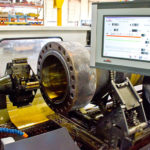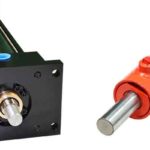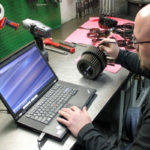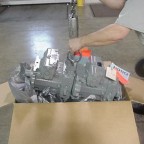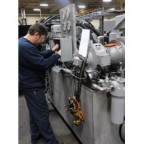By Josh Cosford, Contributing Editor
When your customer’s cylinder arrives on your dock for repair, how often do you consider raw material when you quote the overhaul? Probably very little. Most hydraulic cylinders are manufactured from a combination of 1018/1020 cold rolled steel for the “square” components such as flanges, heads and caps. Piston rods mostly likely adhere to 1045 alloy, while the typical piston uses cast or ductile iron.
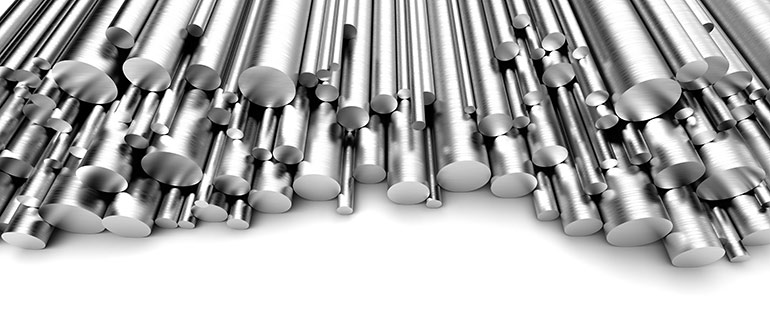 Some consider these raw materials industry standard, and for a good reason. They’re inexpensive and easy to source but also provide the cylinder with more than adequate performance potential. However, what if we dig deeper to understand why the cylinder arrived in your shop? Perhaps understanding why the cylinder failed provides you with an opportunity to upgrade the material to better suit your customer’s needs.
Some consider these raw materials industry standard, and for a good reason. They’re inexpensive and easy to source but also provide the cylinder with more than adequate performance potential. However, what if we dig deeper to understand why the cylinder arrived in your shop? Perhaps understanding why the cylinder failed provides you with an opportunity to upgrade the material to better suit your customer’s needs.
Your typical chromed piston rod uses 1045 carbon steel alloy, an easily machined and welded material with high strength and wear resistance. You can expect over 80,000 psi tensile strength, which defines the maximum force the material is expected to see before it will stretch. You may also expect perhaps 0.0005 in. (1/2 thou) thick chrome to further improve the surface hardness and reduce the potential for corrosion.
However, just because the above material is inexpensive or was originally on the incoming repair, we can expect to improve upon simply “good.” If your customer’s rod was dented, corroded or shorn, upgrading the rod material is in their best interest. That same 1045 base steel may be processed further to increase tensile strength well above 100,000 psi to help prevent shearing damage. As well, induction hardening strengthens the outmost layer, helping reduce damage from impacts. Finally, doubling the chrome thickness to 0.001 in. (1 thou) adds another layer of corrosion protection while offering a more reliable sealing surface.
The 1018 or 1020 mild steel alloys used for most hydraulic cylinders components, much like 1045, comes stocked on the shelves of steel distributors everywhere. However, for high pressure or extreme duty applications requiring much machining or welding, consider 4140 annoy instead. You will find 4140 as the alloy of choice for cylinders requiring internal porting and cavities for valve systems, such as integrated counterbalance valves or other internal circuitry. Also known as chromoly steel, this material also takes well to further treatments, such as annealing, hardening and forging.

